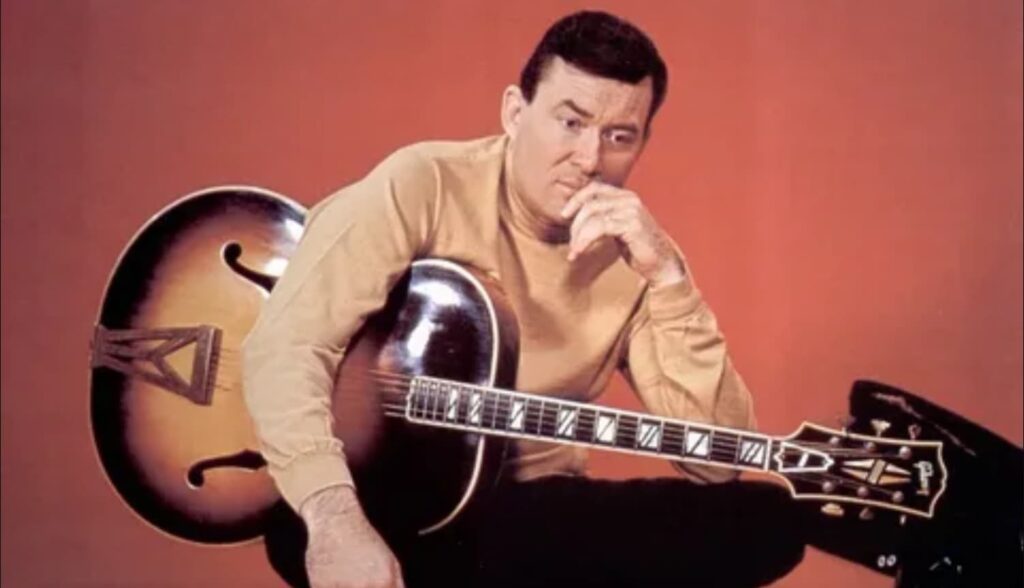
Don Gibson – I Can’t Stop Loving You: The Country Ballad That Ray Charles Elevated to Eternal Stardom
If “Oh Lonesome Me” was the infectious earworm that first broke Don Gibson into the mainstream, then “I Can’t Stop Loving You” is the monumental, towering ballad that secured his legacy as one of the great romantic poets of 20th-century music. Recorded in December 1957 and released as the B-side to the aforementioned hit, this song is far more than a simple love song; it is a profound, almost spiritual declaration of unconditional devotion in the face of irreversible loss. It stands as one of the most significant and enduring love songs in the entire history of Country music.
As we discussed earlier, the origin story of this song is intertwined with its A-side, both masterpieces born during that single, inspired day of writing in that humble motel room in Knoxville. Yet, while “Oh Lonesome Me” offered a breezy melancholy, “I Can’t Stop Loving You” delivered pure, devastating emotional impact. Don Gibson’s original version was a hit in its own right, peaking at No. 7 on the Billboard Country chart in early 1958. Its success laid the foundation, but its true destiny was to be found in the hands of a genius who transcended all musical boundaries.
The legendary status of “I Can’t Stop Loving You” was eternally cemented in 1962 when Ray Charles Brother Ray chose to record it for his groundbreaking album, Modern Sounds in Country and Western Music. This album was a daring, revolutionary project that took the raw, heartfelt narratives of Country music and fused them with sophisticated R&B and orchestral arrangements. Ray Charles’s soulful, soaring rendition of “I Can’t Stop Loving You” was the undisputed crown jewel of that album. He didn’t just cover the song; he transformed it into a global cultural phenomenon.
Charles’s recording became an instant, monumental success, rocketing to No. 1 on the Billboard Hot 100 pop chart and dominating airwaves across the world. It won the Grammy for Best Rhythm & Blues Recording and effectively became the definitive version for an entire generation. What Ray Charles did was take Gibson’s beautiful, country-infused heartache and inject it with a universal, gospel-tinged majesty. His vocal performance, full of heart-wrenching pauses and powerful crescendos, made the simple lyric “I can’t stop loving you / And so I guess I’ll just have to go on missing you” feel like an eternal truth. It was a bridge between genres, cultures, and generations, proving that a song rooted in Country sincerity could, with the right touch, speak to the whole world.
For those of us who lived through that era, the release of the Ray Charles version was a moment of profound realization: music was changing, and the walls between musical styles were crumbling. It’s a song that speaks to the deepest kind of loyalty the kind where love persists not out of hope, but out of necessity, a fundamental, unchangeable state of the heart.
The song’s power continues to resonate. Its beautiful, tragic sentiment has been covered by countless greats, including Elvis Presley, Jerry Lee Lewis, Frank Sinatra, and Conway Twitty, but it is the duality of Don Gibson’s sincere, humble original and Ray Charles’s magnificent, transcendent cover that defines its historical importance. It is a timeless piece of music history a song about loss that, paradoxically, secured two careers and bridged two worlds.